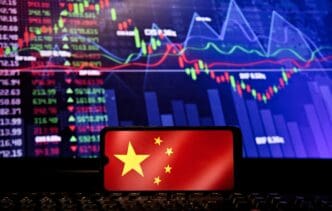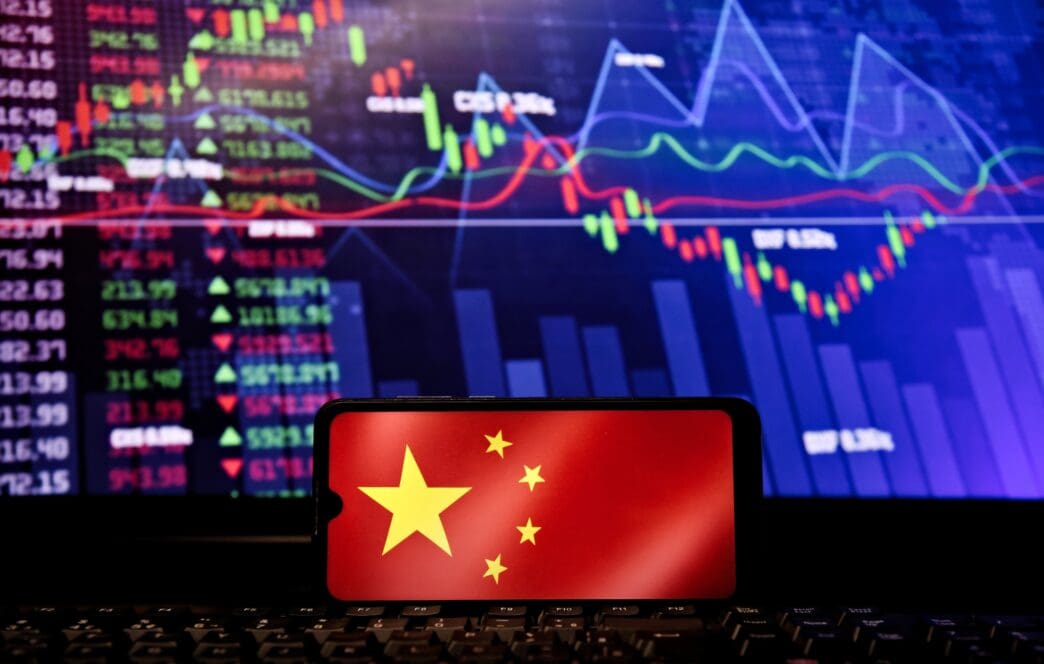Executive Summary
The Story So Far
Why This Matters
Who Thinks What?
Foreign investors are maintaining a cautious stance on China’s stock market despite a new year-long trade truce between the United States and China, agreed upon by President Donald Trump and Chinese President Xi Jinping on October 30, 2025, during the Asia-Pacific Economic Cooperation (APEC) summit in Busan, South Korea. While the agreement aims to ease tensions, market analysts suggest the specifics have largely left investors unimpressed, leading to selective foreign participation in a market that has otherwise seen robust gains.
Trade Truce Details and Market Reaction
The latest trade agreement, the longest between the two nations in recent years, includes reductions in import tariffs on Chinese goods, the removal of some controls on Chinese rare earths exports, and provisions allowing Chinese firms access to certain U.S. technology. However, the immediate market reaction was muted, with many analysts highlighting the commitment to cooperation as the most significant aspect of the deal rather than its specific terms.
Kristina Hooper, chief market strategist at the Man Group, noted that while the deal does not dramatically alter the landscape, it contributes to encouraging offshore investment in China. She suggested that any warming of relations between the two countries could alleviate concerns among investors about potential forced divestment from Chinese assets.
Investor Caution Amid Market Gains
China’s blue-chip stock index has risen by a fifth this year, and the Hong Kong Hang Seng index has gained 31%, surpassing Nasdaq’s 23% increase. Despite these strong performances, foreign money managers have been measured and selective, primarily investing in sectors related to artificial intelligence and China’s self-sufficiency initiatives, while largely avoiding broad market exposure.
LSEG Lipper data indicates that foreign investors have pulled $3.9 billion from offshore-listed China-dedicated equity funds this year. Morningstar data further reveals that large global funds held an average of only 1.43% exposure to China at the end of September, suggesting the market remains significantly underowned relative to its economic size, which constitutes a fifth of global GDP.
Competition and Cooperation Dynamics
Cusson Leung, chief investment officer at KGI, views the easing of Sino-U.S. tensions positively, stating he would continue to build China positions, though his rationale is more tied to China’s economic recovery than the trade talks themselves. Analysts recognize that both nations continue to prioritize strengthening their domestic supply chains, creating opportunities for local players even amidst ongoing competition.
Chaoping Zhu, a global market strategist at JP Morgan Asset Management, believes that investors have already factored in a scenario of continued competition alongside some cooperation. He suggested that the chance for upside in the market might be greater than the downside.
Future Outlook and Persistent Discounts
Analysts at BNP Paribas and Goldman Sachs anticipate that strong domestic drivers will propel Chinese stocks higher. Goldman Sachs, in a recent note, projected that policy, growth, valuations, and money flows could boost mainland and Hong Kong indexes by approximately 30% by the end of 2027. They also pointed to “China Discounts” in valuations compared to peer markets, implying that investors are not overpaying for potential optimism in AI and liquidity.
The combination of easing Federal Reserve policy and a weaker dollar may incentivize global funds to reassess their investment in China and address their persistent underweight allocations to Chinese stocks. However, investors are advised to remain cautious, as the trade war is not considered definitively over.
Devesh Divya, an FX strategist at Standard Chartered, highlighted that while uncertainty has decreased, the environment remains challenging for corporations and multinationals looking to expand or invest. Investors continue to be skeptical about the sustainability of the current “unstable equilibrium.”







